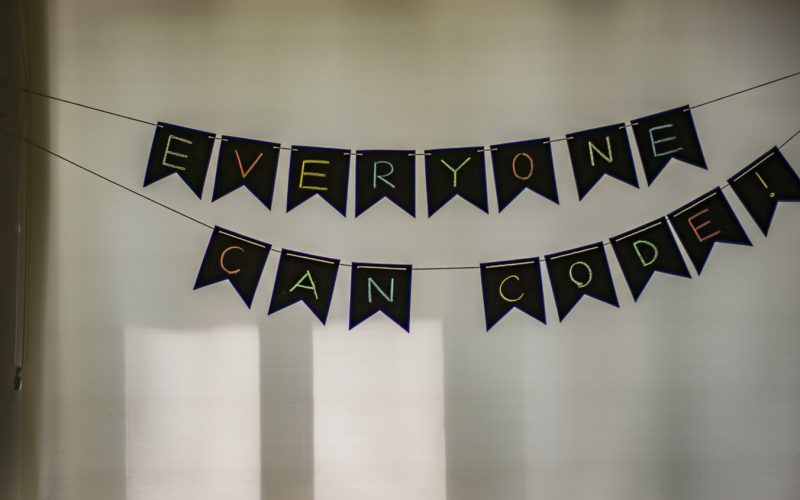Choosing between a Computer Science Degree vs. Self-studying vs. a Coding Bootcamp
Whether you’re at a crossroads in your career, a fresh grad, or just a curious soul who wants to know more about the world of coding, you came to the right place.
As detailed by Philstar, LinkedIn found the top five emerging jobs in its 2019 Emerging Jobs in the Philippines Report. These include data scientist, application development analyst, back end developer, full-stack engineer, and sales development representative. Most of these jobs need knowledge in coding. By the looks of it, there’s no better time than now to learn how to code.
Okay. I now want to become a coder, but how? You have three choices. You get a computer science degree, you self-study, or you attend a coding bootcamp. To know the best option for you, here’s a comparative analysis.
On Getting a Degree
If you thrive in an environment where everything is constant, then getting a degree is your go-to. Do you like working with colleagues? How about getting feedback from your instructor? Do you stick to following a regular schedule? Also, do you have the patience, time, money, and effort to sustain several years of education? If you answered yes to all queries, then this is definitely for you.
Attending a regular school also lets you experience the ultimate student life with its class trips, social events, collaborative projects, and output documentation. Pretty convincing, right?
The downside, however, of enrolling in a degree program is that the curriculum is often outdated. Technology is always changing; programming languages are frequently modified. But, revising a curriculum usually takes time, especially if it’s a four-year program.
You’re also obliged to take subjects that you would find unnecessary, especially if you’re only interested in coding.
Accessibility is also a huge issue for some students who have to go through a tiring 2 to 3-hour commute. This factor can go as far as affecting a student’s academic performance.
On self-studying
If there’s one thing that aspiring coders want in this mode of learning, it’s the flexible schedule. Imagine studying within the confines of your home. You get to learn at a pace that you’re comfortable with, where you can eat, sleep, and get out of bed whenever you want.
A hassle-free environment with no stern professors, no exams, and no deadlines? That’s the life!
This may be true to some extent but it also comes at a price. Beginners without a solid foundation will have a hard time knowing where to start. Without an instructor to guide you, you wouldn’t know the right courses to pick, what technologies to invest in, and which curriculum to follow. The list goes on.
The cherry on top of these drawbacks is the probability of an unhealthy lifestyle. Having too much time on your hands can also be a burden, rather than a boon.
On Attending a Coding Bootcamp
If we analyze the anatomy of a coding bootcamp, we’ll come to realize that it’s the perfect balance between self-studying and enrolling in a regular school. It’s advisable for career shifters, fresh grads, and knowledge-seekers.
A coding bootcamp is like a regular school but you don’t have to spend a lot of money for a four-year course. Payment is less steep than a regular school’s tuition fee and generally, you only have to undergo training for about 3 to 6 months. They have the same dynamic with that of a regular classroom, but it’s much more convenient. You can even find ones that provide day or night classes.
Plus, most bootcamps provide career guidance. Some may offer to help you narrow down the job search, assist you with your prospects, and equip you with the necessary communication tools. Not only do they provide the technical skills, but they also offer a career partnership.
Even though these only last for a few months, accessibility, schedule, and affordability are still major issues.
Finding a coding bootcamp near you can be challenging. When you do find one, you need to consider the time and money you’ll be investing in them.
To simplify all these choices and to help you with your decision-making process, here’s a quick guide:
If you already have your eyes set on a method to become a coder, ask yourself these questions first. Are you willing to fail? And if so, will you still be committed? If you know that you will be, try signing up for a coding bootcamp to discover if you’re geared up for the challenge.



